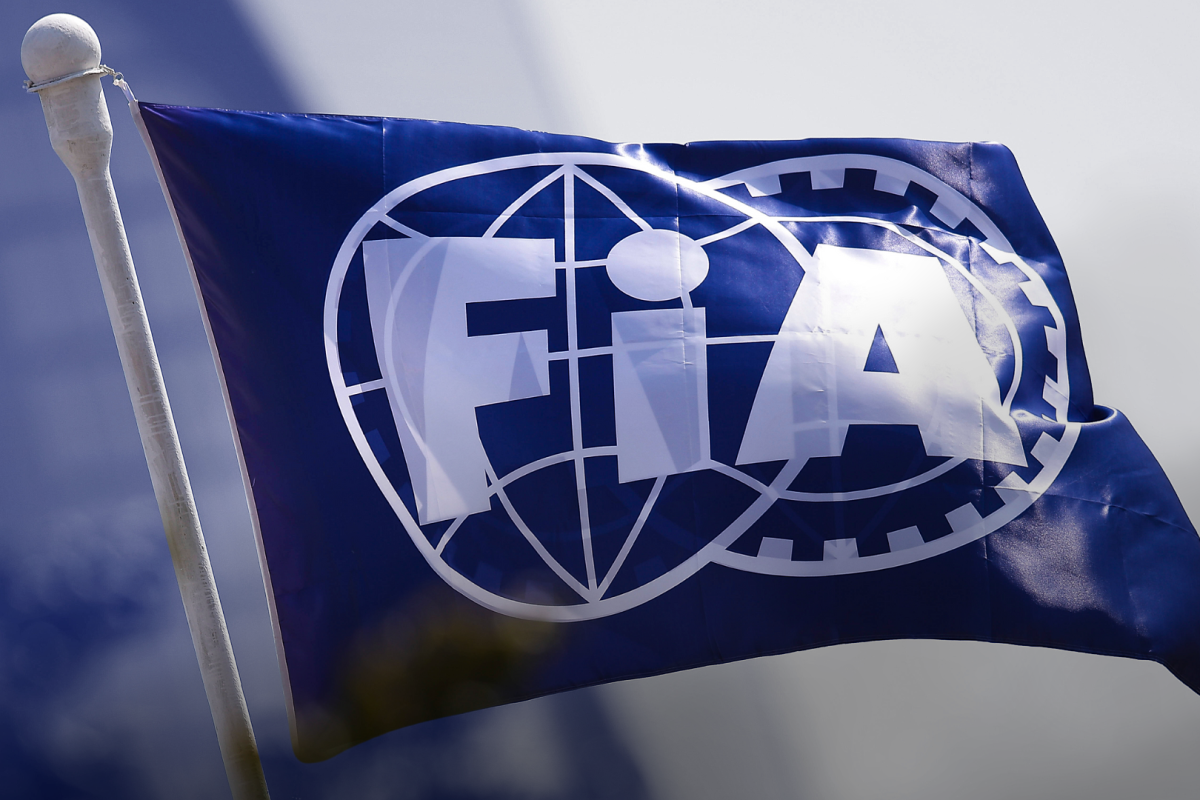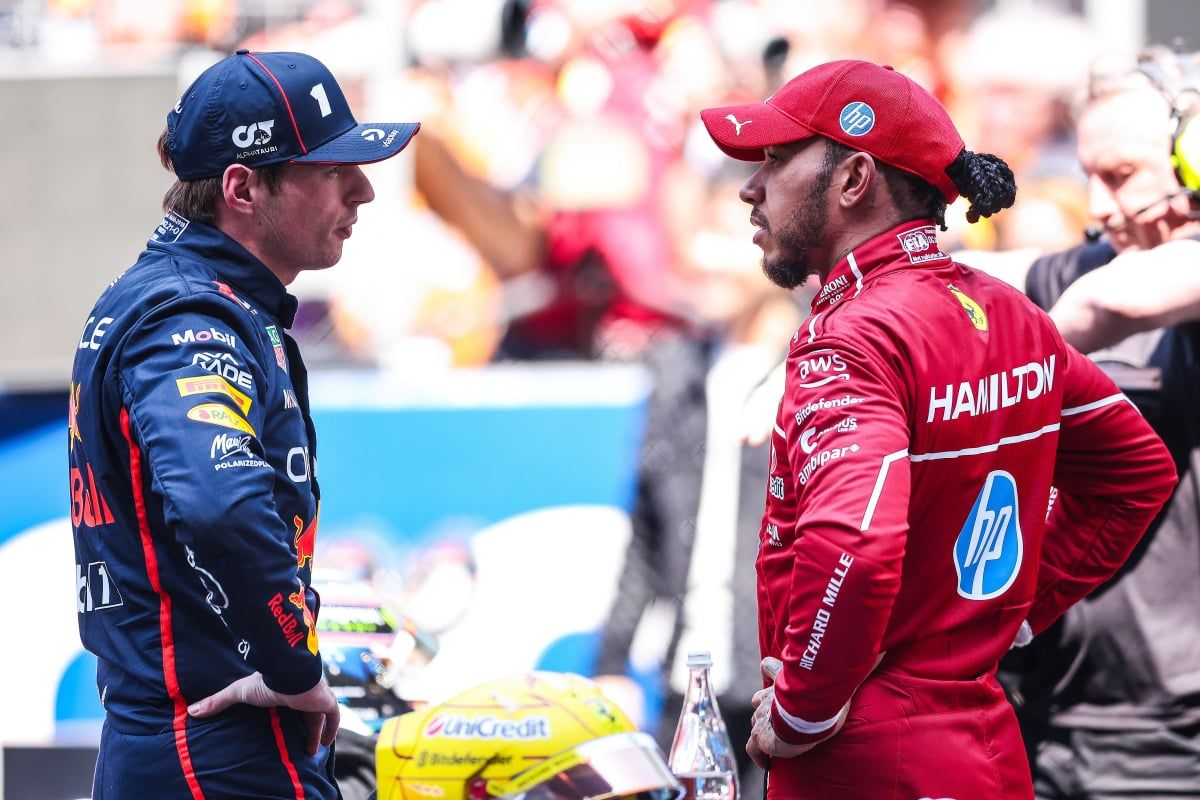FIA Announces New Penalty Rules on Swearing Ahead of I… read more
Ahead of the 2025 Imola Grand Prix, the FIA has confirmed a significant revision to its penalty rules regarding the use of inappropriate language by drivers. This change follows months of tension and backlash over strict enforcement against swearing in Formula 1 and other FIA-led racing series. The governing body’s president, Mohammed Ben Sulayem, made the official announcement, stating that the alterations are designed to promote better sportsmanship while also being fairer to competitors under pressure.
The controversy surrounding language use began when the FIA began penalizing drivers for swearing in both public and broadcast environments. Notably, Max Verstappen was issued a community service-style penalty in late 2024 for swearing during a press conference. George Russell, who serves as chairman of the Grand Prix Drivers’ Association (GPDA), was among those who voiced concerns about the overly strict policy. Drivers argued that emotions run high in the sport, and restricting language use, especially under competitive stress, was unrealistic and overly punitive.
FIA president Ben Sulayem had even suggested earlier this year that team radio communications might no longer be broadcast to the public if drivers couldn’t adhere to the swearing ban. This proposal was met with further backlash, leading to widespread discussions across various FIA disciplines. Drivers and stakeholders from the World Rally Championship (WRC) and other series expressed similar frustrations, especially after WRC driver Adrien Fourmaux was fined €10,000 and given a suspended €20,000 fine for swearing during a televised interview.
In response to this mounting pressure, the FIA has revised Appendix B of the International Sporting Code. Under the new rules, the maximum fine for inappropriate language has been reduced from €10,000 to €5,000. More importantly, the regulations now distinguish between language used “on-track” and in a “controlled environment” such as press conferences or official media sessions. The updated guidelines allow stewards more discretion in determining when disciplinary action is truly warranted.
Ben Sulayem emphasized the importance of balancing professionalism with the human element of the sport. “As a former rally driver, I know firsthand the range of emotions that are faced during competition,” he stated. “The improvements the FIA has announced today to Appendix B will ensure we continue to promote the best of sportsmanship in motor sport, while also giving stewards effective guidelines to act against individuals who may bring the sport into disrepute.”
The FIA president added that the review process included feedback from across the seven FIA world championships, national member clubs, and various motorsport organizations. This collaborative approach aimed to ensure that any policy changes would support drivers and reflect the true nature of competition.
Ronan Morgan, president of the FIA’s drivers’ committee, echoed these sentiments. He noted the importance of drivers being role models, particularly for younger fans. “Drivers are looked up to as role models and ambassadors for the sport. How they act really does matter,” Morgan said. “However, it is important to recognize that there is a difference between what is said during a race and what is said in a press conference. Today’s changes support our drivers by understanding the pressures they face during the heat of competition.”
The revised penalty framework is set to be implemented immediately, just in time for the Imola Grand Prix. As of now, the GPDA has not issued an official response, but the rule change is expected to ease tensions between drivers and the sport’s governing body. Whether this signals a broader shift toward more lenient policies in emotional moments remains to be seen, but for now, the FIA’s move has been seen as a welcome step toward compromise.




